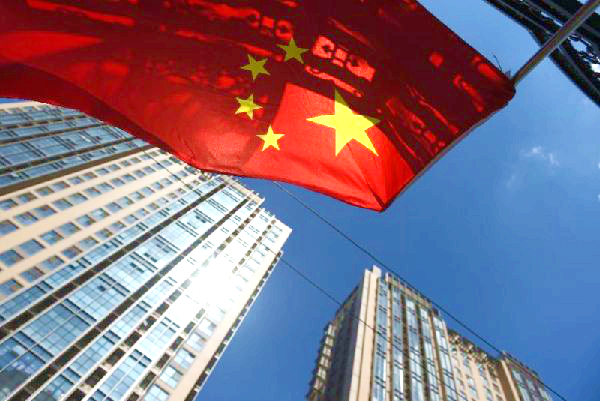China's downgrade and the case for global ratings reforms
- By Dan Steinbock
 0 Comment(s)
0 Comment(s) Print
Print E-mail China.org.cn, April 13, 2016
E-mail China.org.cn, April 13, 2016
|
|
|
In March, the leading credit agencies cut their outlook for China's sovereign credit rating from stable to negative. |
Nonetheless, the downgrade was strongly criticized by Chinese officials and media outlets. As a Xinhua commentary put it, China's economic growth is decelerating amid a painful transition. However, a downgrade of outlook is not warranted as "the fundamentals of the Chinese economy remain sound and solid, and are improving."
Was the downgrade warranted?
Rising criticism against credit agencies
Credit rating agencies (CRAs) assign credit ratings, which rate a debtor's ability to pay back debt by making timely interest payments as well as the likelihood of default. The issuers include companies, special purpose entities, non-profit organizations, but also sovereign nations, state and local governments.
In the past two decades, the criticism of the leading CRAs has increased in the advanced economies, starting with the internet burst of 2000-2001, the subprime mortgage crisis after 2005, the global financial crisis in 2008-9 when hundreds of billions of securities that had the CRAs' highest ratings were downgraded to junk, and the European sovereign debt crisis since spring 2010 when Brussels blamed rating downgrades for crisis escalation.
From huge energy companies, such as Enron, to Wall Street's financial giants, the credit agencies - so it seems - have looked the other way, when the world's largest financial conglomerates have engaged in excessive risk-taking.
As the major advanced economies no longer fuel global growth, large emerging economies - China, India, Russia and Brazil, among others - play an increasing role in these prospects. In these economies, criticism against the large ratings agencies has also increased since the Asian financial crisis of 1997-98 and the recent downgrades, which reflect substantial capital outflows and other challenges.
In advanced economies, criticism focuses on the CRAs' professional conduct. In emerging and developing economies, it also addresses the issue of fairness. As the past two decades suggest, the CRAs are not immune to professional biases, moral hazards and conflicts of interests. According to critics, the problem stems from the extraordinary concentration of the CRA industry.






